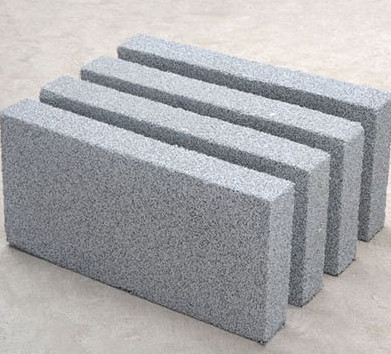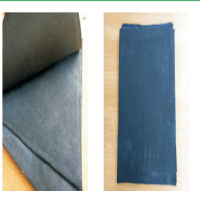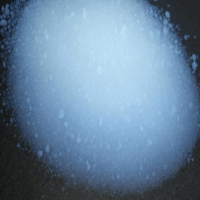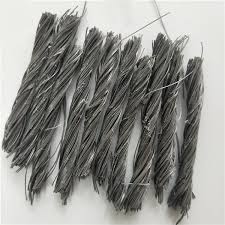Professional solutions on concrete addtives, Concrete Foaming Agent, Superplasticizer, CLC Blocks Additives, and foaming machine
(Does the choice of aggregate only affect the strength of concrete?)
The impact of aggregate selection on concrete is a complex topic, not just one aspect of strength. The following is a detailed analysis of this topic, hoping to help you better understand it.
Effect of Aggregate on Concrete Strength
Aggregate is the main component of concrete, accounting for 70% to 80% of the volume of concrete. According to different particle size ranges, aggregates can be divided into fine aggregates (sand) and coarse aggregates (gravel or pebbles). The choice of aggregate directly affects the strength of the concrete.
Strength and durability: Aggregate firmness, particle size distribution and cleanliness are all important factors affecting the strength of concrete.
Resistance to Cracking: The modulus of elasticity and coefficient of thermal expansion of aggregates have a significant effect on the resistance of concrete to cracking. The selection of aggregates with a modulus of elasticity and coefficient of thermal expansion similar to that of cement paste can reduce the risk of concrete cracking.
Workability: Aggregate size and gradation affect the workability of fresh concrete.
Effect of aggregates on other properties of concrete
Shrinkage and creep: the modulus of elasticity of aggregates has a certain effect on the shrinkage and creep of concrete. Aggregate with a high modulus of elasticity can limit the shrinkage and creep of concrete and improve the long-term stability of the structure.
Durability: Aggregate water absorption, mud content and other factors affect the durability of concrete. Aggregates with low water absorption help reduce the permeability of concrete and improve resistance to chloride attack and freeze-thaw cycles.
Economy: The price of different types of aggregates varies greatly. Under the premise of meeting engineering requirements, the selection of local economic aggregates can reduce project costs.
Environmental: Selecting aggregates that meet environmental standards can help reduce carbon emissions in the concrete industry. For example, the use of recycled aggregates to replace natural aggregates can reduce the impact of mining on the environment.
How to choose the right aggregate
Understand the engineering requirements: According to the engineering requirements, such as the type of structure, the use of the environment, the design life, etc., select the appropriate aggregate. For example, for structures subject to heavy loads or requiring long-term durability, aggregate with stable quality and high strength should be selected.
Consideration of geographic factors: There are differences in the quality of aggregates from different regions and quarries. When selecting aggregates, the influence of their origin, transportation distance and local environmental conditions should be considered.
Test and verification: Before deciding to use a certain aggregate, it is very necessary to conduct tests and verification. By comparing the performance of concrete prepared with different aggregates, its suitability and economy can be assessed.
Compliance with Codes and Standards: Compliance with national and local industry codes and standards ensures the quality and reliability of the aggregate selected. In addition, when adopting non-traditional aggregates or recycled aggregates, corresponding assessment and verification should be carried out.
Sustainability and environmental protection: Prioritize the use of environmentally friendly and renewable aggregate resources on the premise of meeting project requirements. Prioritize helps to reduce the environmental impact of the concrete industry and promotes the goals of green building and sustainable development.
To summarize, aggregate selection not only affects the strength of concrete but also has a comprehensive impact on the workability, durability, economy, and environmental impact of concrete. Therefore, thorough consideration and comprehensive assessment are required when selecting aggregates to ensure that the performance of the prepared concrete meets the project requirements and achieves the goal of sustainable development.
Concrete additives Supplier
TRUNNANO is a reliable concrete additives supplier with over 12-year experience in nano-building energy conservation and nanotechnology development.
If you are looking for high-quality concrete additives, please feel free to contact us and send an inquiry. (sales@cabr-concrete.com)
We accept payment via Credit Card, T/T, West Union, and Paypal. TRUNNANO will ship the goods to customers overseas through FedEx, DHL, by air, or by sea.
(Does the choice of aggregate only affect the strength of concrete?)







